Study In Canada
Get in-depth insights on studying in Canada with our comprehensive guidance. Start your application process with the leading Canada education consultants. Unlock exciting opportunities for a successful future in Canada!

Why should I Study in Canada?
Tests for Universities
Writing tests for applying to universities in Canada is crucial, as they serve as standardized measures of academic ability and readiness for challenging international programs. Exams such as the TOEFL, IELTS, GRE, GMAT, and Pearson provide Canadian universities with a consistent method to assess applicants from diverse educational backgrounds. These tests ensure that students possess the necessary language proficiency and critical thinking skills to excel in a Canadian academic environment, where expectations may differ significantly from those in their home country. Moreover, strong test scores can enhance an application, boosting the chances of acceptance and eligibility for scholarships or financial aid.
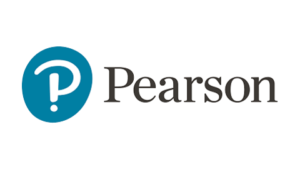
PTE is an English language proficiency test increasingly accepted by Canadian universities for admissions, especially for non native English speakers. Academic score ranging from 50 to 65, depending on the institution and the specific program. For more competitive programs or institutions, the score requirement might be higher, often around 60 to 70.
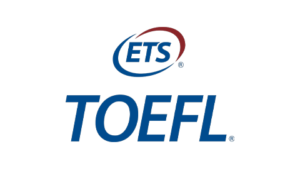
It is a widely recognized English proficiency test required by many Canadian universities for admission, particularly for non-native English speakers. TOEFL plays a major role in the Canadian university admissions process. For Undergraduates, scores of 80 to 90 on iBT (Internet-based text) are often required. Graduate programs might ask scores ranging from 90 to 100 or more.
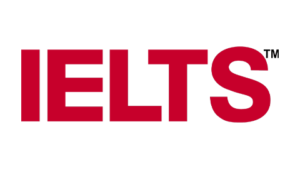
The International English Language Testing System (IELTS) is a widely accepted English proficiency test used by many Canadian universities to assess the language skills of international students.Most Canadian universities require a minimum overall band score of 6.5 to 7.0 for graduate programs.For under graduate programs, a minimum overall band score of 6.0 to 6.5 is often required, while some competitive programs typically demand an overall score pf 6.5 to 7.5,with specific bands not falling below 6.
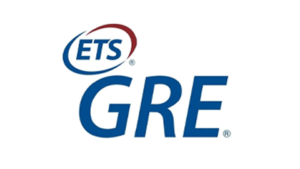
The Graduate Record Examination (GRE) is a key standardized test often required for admission to Master’s programs in various fields, particularly in research-focused and STEM (Science, Technology, Engineering, Mathematics) disciplines, at Canadian universities.Scores are reported on a scale from 130 to 170 for the Verbal and Quantitative sections, and 0 to 6 for the Analytical Writing section. Canadian universities typically look for competitive scores, often in the range of 300 to 320 out of 340.
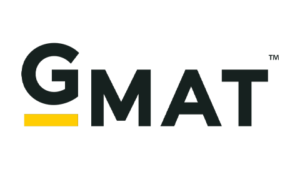
The Graduate Management Admission Test (GMAT) is a crucial standardized test for admission to graduate business programs, including MBA (Master of Business Administration) and specialized business master’s degrees, at many Canadian universities. GMAT scores range from 200 to 800, combining the Verbal and Quantitative scores, with each section also scored separately. For most Canadian business schools, a competitive GMAT score typically falls between 600 and 700.
Conquer Your Admission Tests With Confidence
Elevate your chances of studying abroad with our expert coaching.






When can I apply for Canadian Universities for my Masters or Bachelor’s degree?
Canadian universities typically offer multiple intake periods throughout the academic year, with the most common intakes being for the fall (September) and winter (January) semesters.

Fall Intake (September)

Winter Intake (January)
Unlock a World of Possibilities with Whiz Abroad Aspirants
Testimonials
See What Our Happy Aspirants Say
Whiz Abroad Aspirants made my dream of studying in the UK a reality. Their guidance through the application process was seamless, and their support helped me secure admission to my top-choice university.

Rohan Mehta
Applying to universities in the USA seemed daunting, but Whiz Abroad Aspirants simplified everything. Their personalized approach and expert advice were invaluable in helping me get into a top-ranked college.

Priya Sharma
Thanks to Whiz Abroad Aspirants, I’m now studying in Australia. They provided step-by-step assistance, from shortlisting universities to visa guidance. I highly recommend their services for a smooth overseas education journey.





